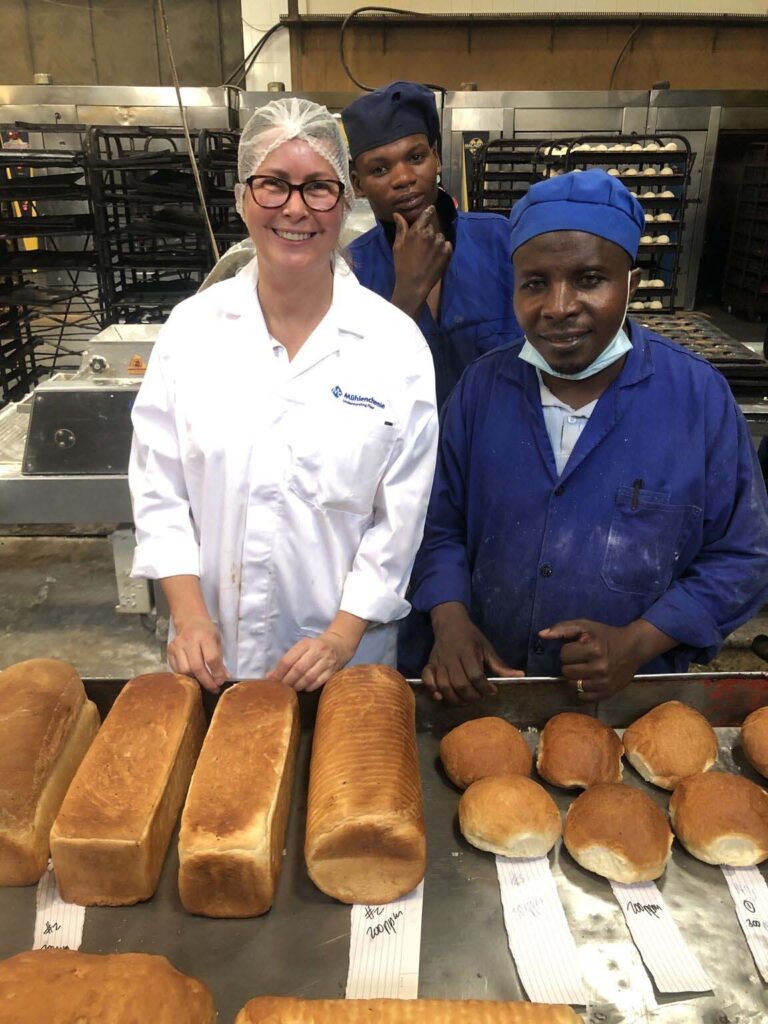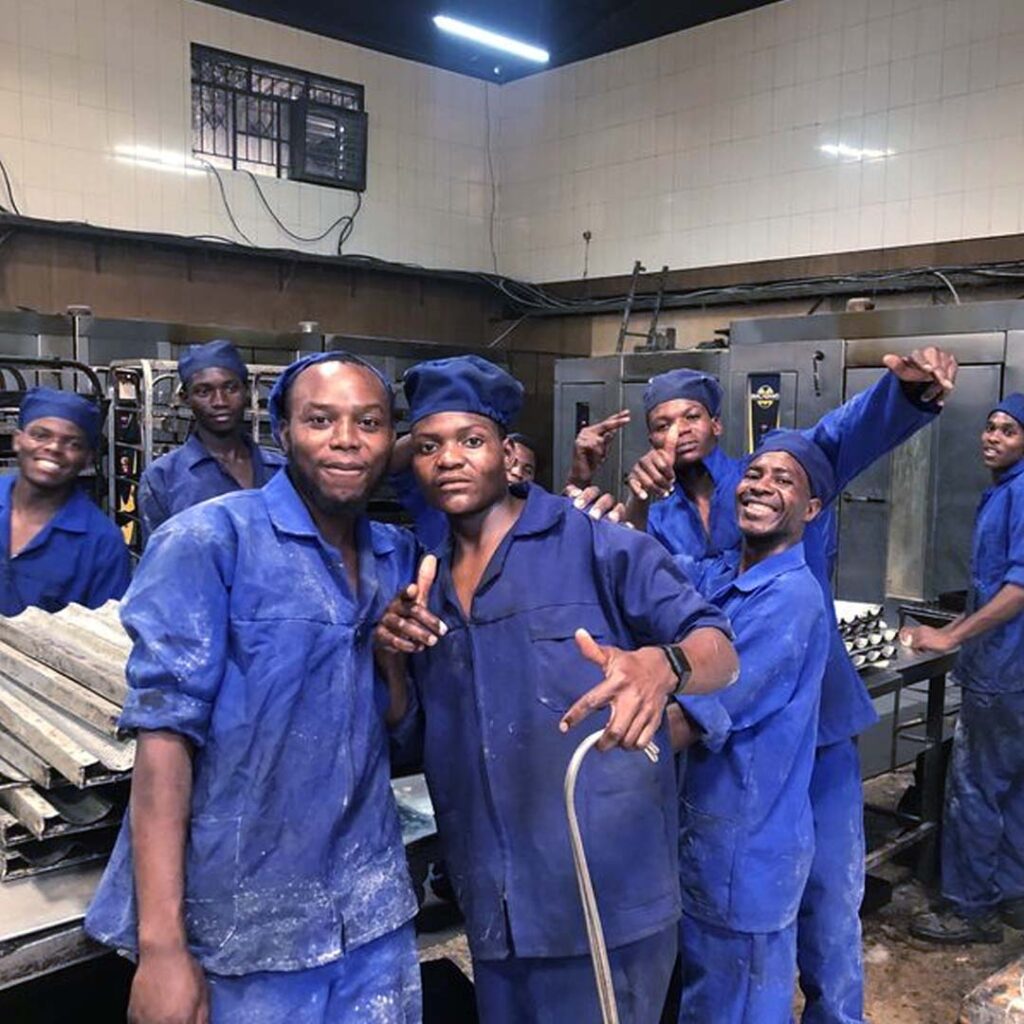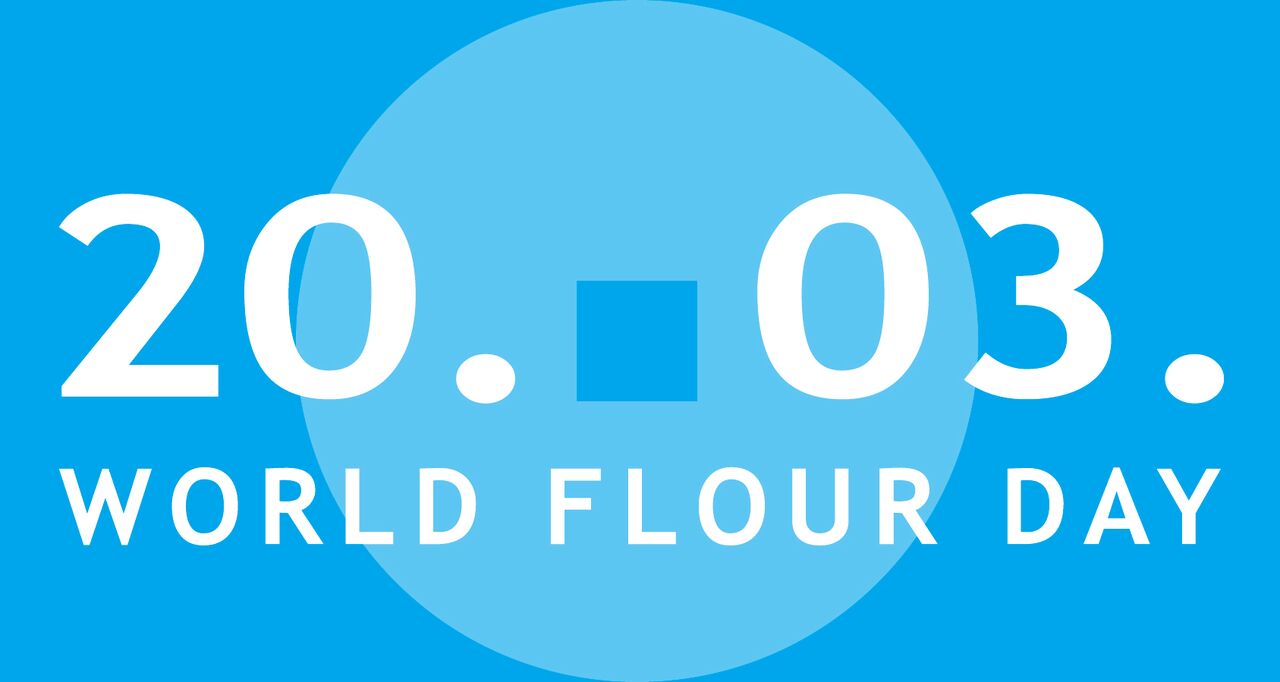Imagine you are on a business trip in a foreign country to help customers with some extensive tests, only to realise that you have no common language.
What it takes to overcome such barriers are willingness and creativity, as in this true story by our application technologist for South Africa, Liezel Huysamen. When Liezel found herself at one of Zambia’s biggest mills this year, with the goal to help the mill apply our flour corrector, she experienced an extraordinary example of intercultural understanding.
But first of all she needed to find solutions. The mill did not have a test bakery and so she had to go directly to factory trials. To make matters more challenging, there was no flour rheology available to give a starting point for the dosage level.

That meant Liezel would be running the factory trials completely blind. But then they had an idea: With the miller in tow they set off to a bakery in the middle of Lusaka’s busy market district. When they arrived they discovered that only a handful of staff spoke very limited English. But Liezel saw this as a chance and said “We were given such a wonderful opportunity to demonstrate our ingenuity, to show how we were going to make it work.”

The trials started. All the bread making components went into the spiral mixer. As the bread was being kneaded, the bakery production manager and Liezel started to evaluate the dough. They kept on feeling the dough while it developed and towards the end of kneading, each of them performed the windowpane test. “We looked at each other, we nodded and gave it the thumb up. That’s when I realised, English is obsolete, the international language of bread-making is spoken well.” Needless to say, the day was a great success and the mill was very satisfied with the results.

“All my gratitude to the bakery staff for your assistance and enthusiasm.”And a thank you from us to Liezel, for sharing this wonderful flourstory. What about you – have you ever experienced something similar?
